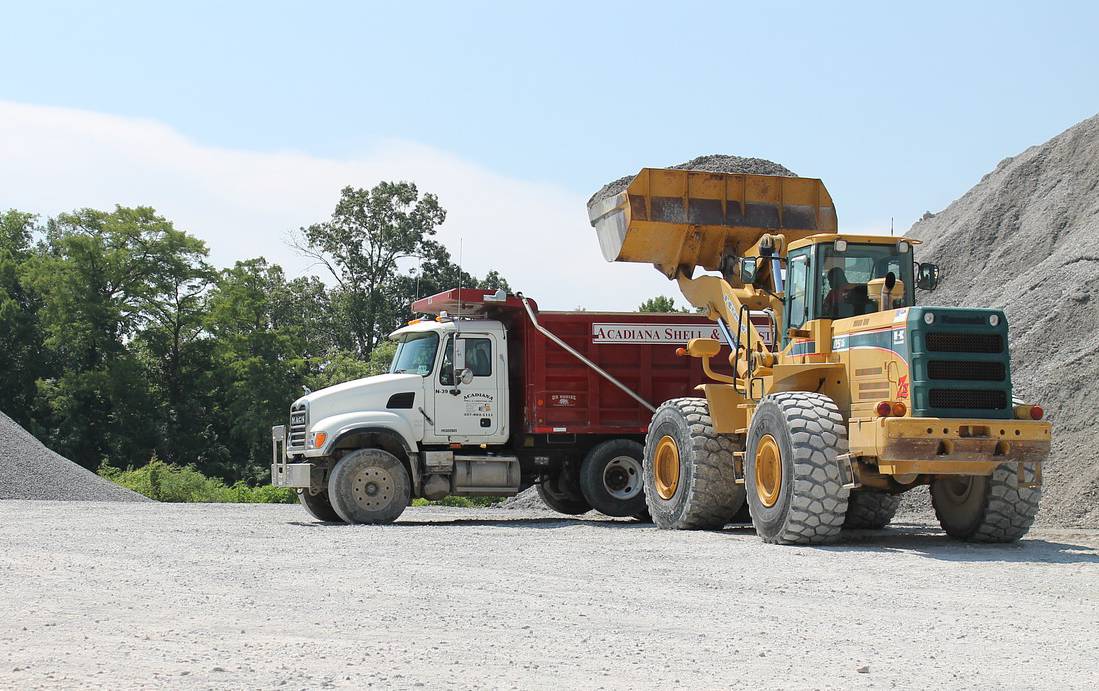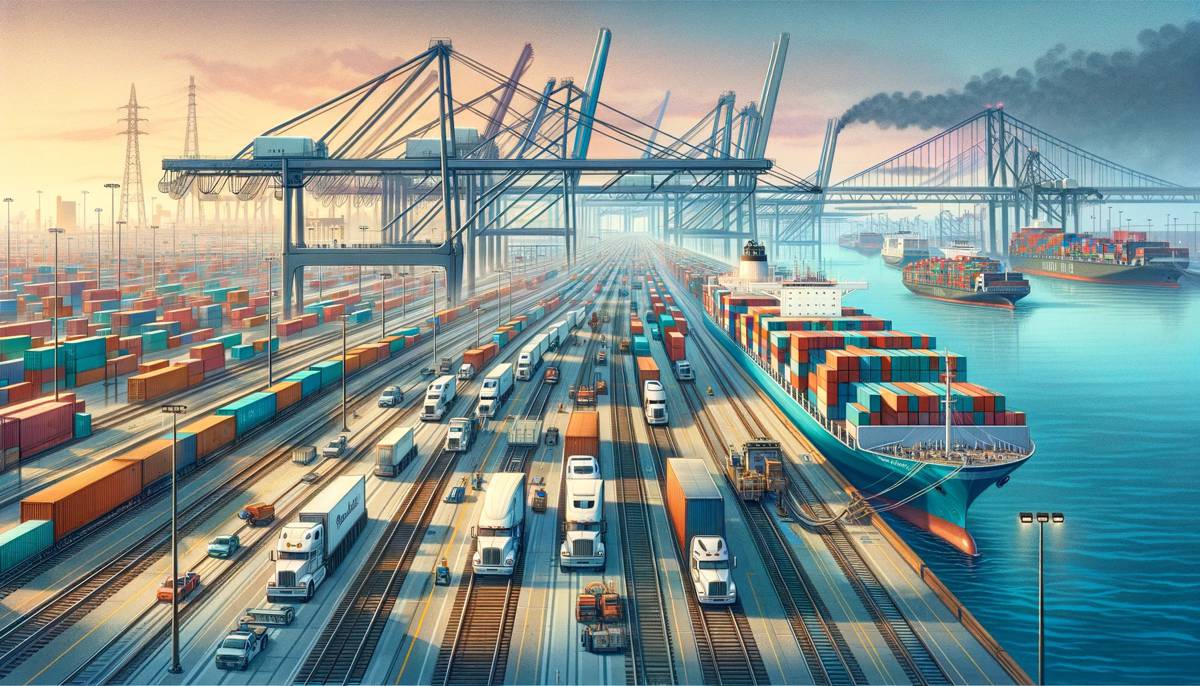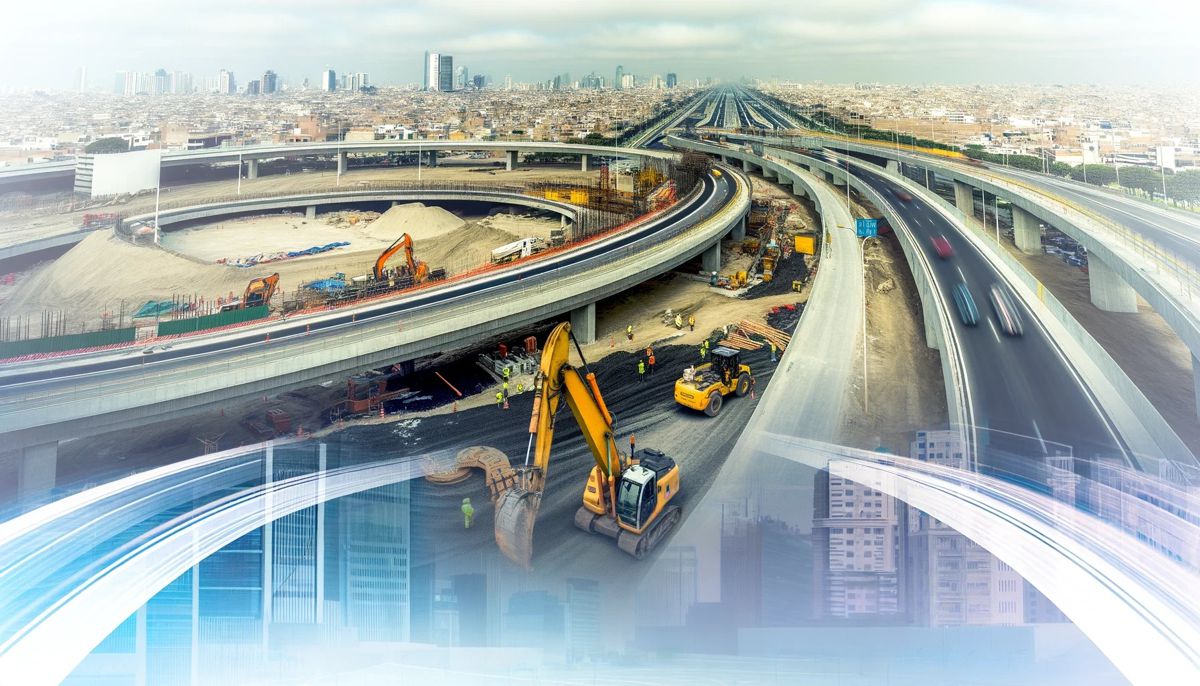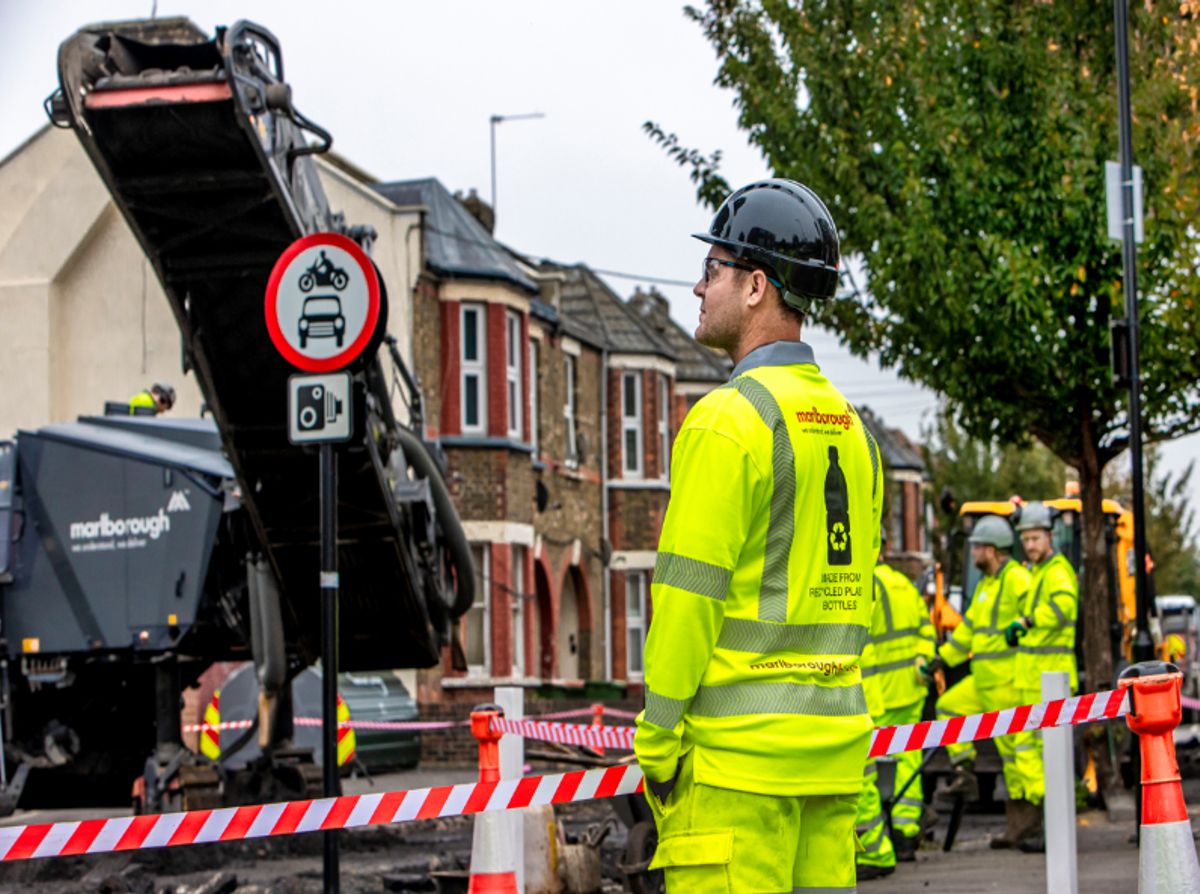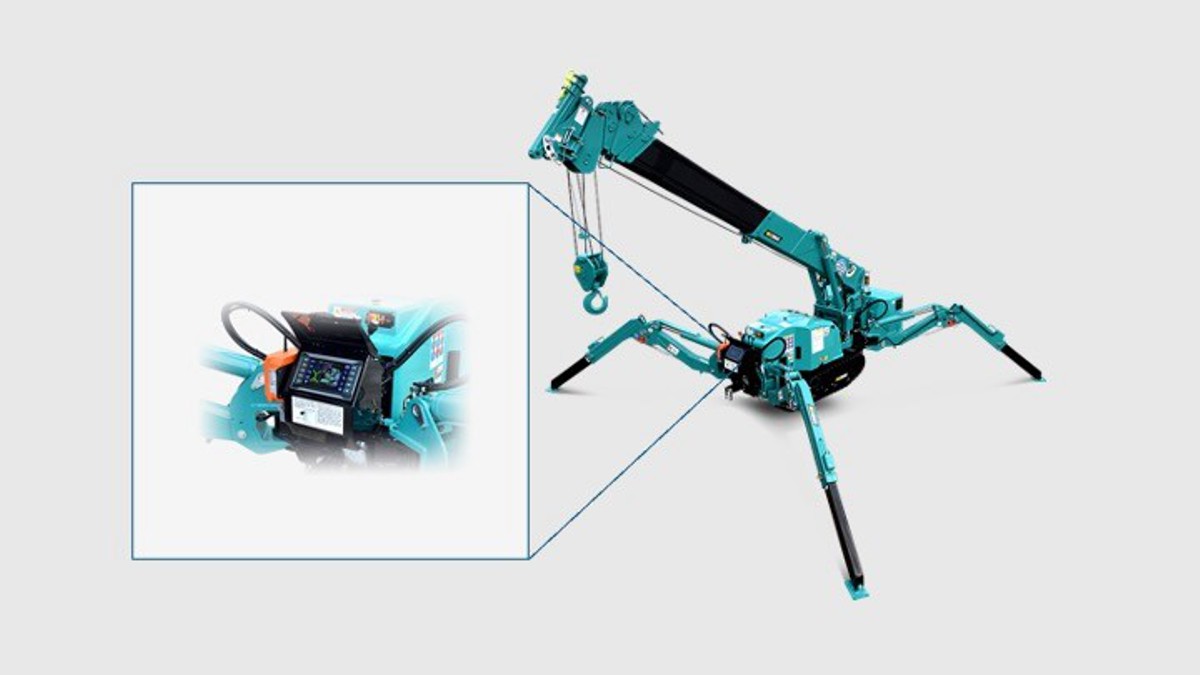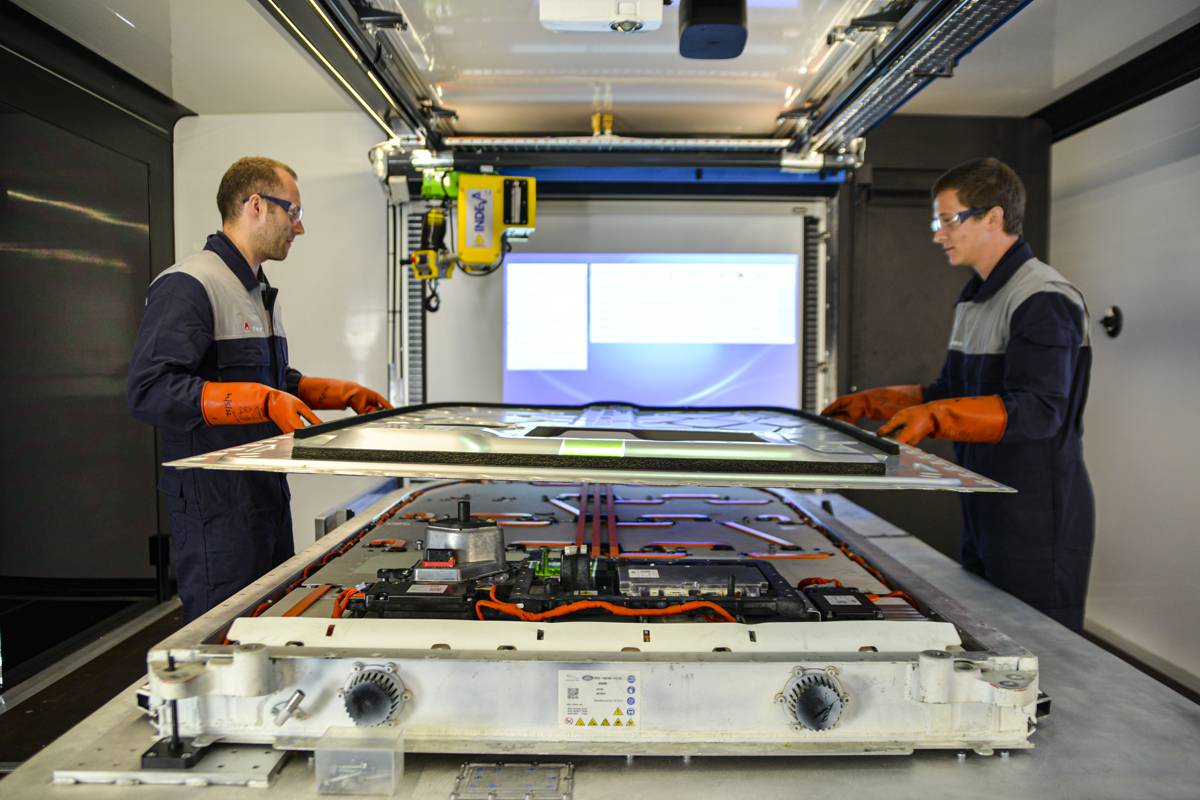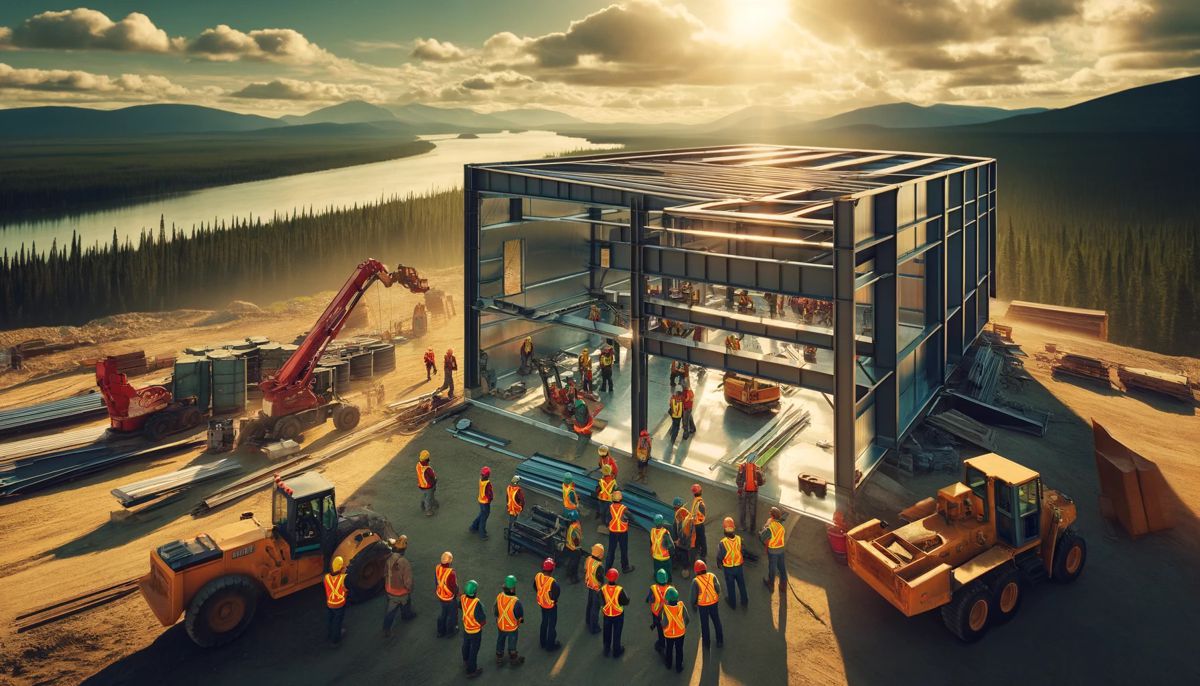The Evolution of the Construction Fleet Manager’s Role
As priorities in the engineering and construction industries shift, there are signs that fleet managers may soon play a more complex role.
Sustainability, artificial intelligence (AI) and new telematics systems are majorly impacting how construction companies approach their work. As a result, fleet managers are picking up new job responsibilities, becoming experts on their fleets but also on new Internet of Things (IoT) tech and eco-friendly fleet options.
This is how the construction fleet manager’s role has evolved over the past few years — and what recent changes tell us about the kind of responsibilities fleet managers will have in the future.
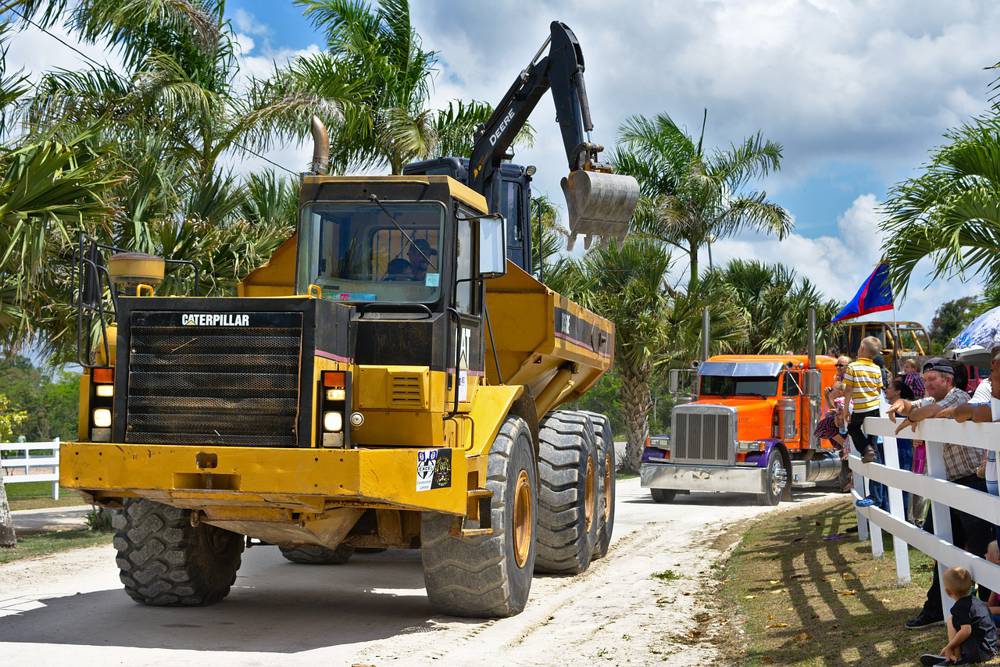
Sustainability Becomes a Key Concern for Fleet Managers
Sustainability is not a traditional area of concern for fleet managers. Now, however, as sustainability becomes more important — and new, sustainable options for fleet vehicles and machines become available — it’s less unusual for fleet managers to consider environmental impact in their decision-making.
In some cases, fleet managers are even taking on unique dual roles that blend fleet management with sustainability initiatives.
For example, take Mason Ford, who is director of both sustainability and equipment services at Skanska USA.
Speaking with Gearflow, Ford recently discussed how his role came to be, as well as the benefits of having a fleet manager who also works on company sustainability.
“Most of the conversation around sustainability is generated in equipment,” Ford said. In practice, having a fleet manager who has both deep experience in purchasing equipment and knowledge about sustainability is one of the best ways to modernize a fleet while reducing its potential environmental impact.
An informed fleet manager is likely in the best position to consider how much equipment will cost and how big of a potential carbon footprint a machine may have.
For example, many fleet managers know what questions to ask to ensure they purchase cost-effective yet high-quality equipment. However, they may not know how to compare the sustainability of two machines — and, as a result, may not be able to make decisions that account for both cost and environmental impact.
The combination of sustainability director and fleet manager doesn’t seem odd to Ford — even though he believes he is unique among his peers in heading up both sustainability and equipment management.
Ford expects the industry will soon follow Skanska’s lead. In time, it may not be unusual to see fleet managers who are also making significant decisions about business sustainability.
As sustainability becomes increasingly important to both consumers and businesses, these kinds of dual roles may become more common over time.
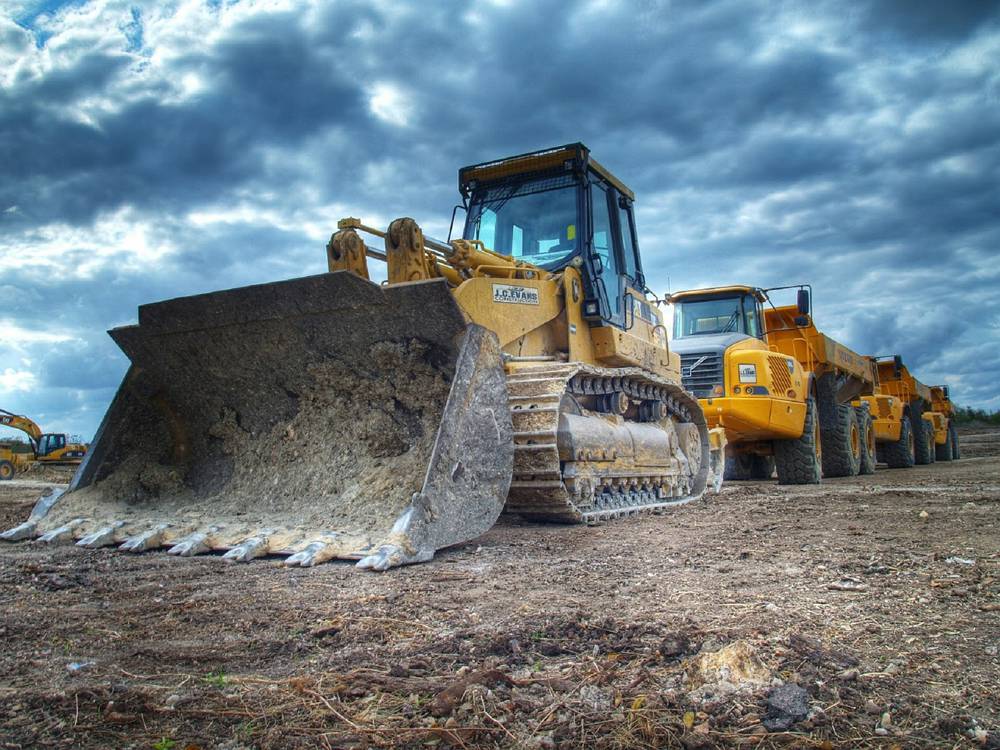
Telematics Systems May Unlock New Efficiencies
The ongoing digital transformation of industry — sometimes called Industry 4.0 — has spread to some sectors more slowly than others. According to the 2019 Teletrac Navman Construction Benchmark, 50% of construction companies aren’t planning to invest in new technology — and 42% still rely on paper records.
Right now, many construction companies still rely on legacy tech. As a result, fleet managers may not be taking full advantage of the new developments in computer technology. This may change in the near future.
For example, on-board GPS trackers or telematics sensors have become increasingly popular over the past few years. These sensors, when combined with the right fleet management solution, can help fleet managers track machines on-site, providing an instant understanding of where their machines are and how their fleet is distributed.
Vehicle and equipment manufacturers seem to be moving in a direction that will make telematics systems extremely easy to adopt. In Europe, for example, all major truck manufacturers — like Scania, Daimler and Volvo — now offer original equipment manufacturer (OEM) telematics solutions.
At the same time, global adoption of fleet management solutions is growing at a rapid pace, with the number of active fleet management systems estimated to grow to more than 20 million by 2023, up from just 9.5 million in Q4 of 2018.
Familiarity with newly available construction technology — what’s possible, what’s not and what’s in the pipeline — may soon become a necessity for fleet managers.
For example, Gil Gilbert, the fleet director for Henkels & McCoy’s Pipeline Division, believes the use of IoT technology will likely significantly impact the industry if fleet managers can unlock the potential value the tech offers.
In an article on IoT fleet management tech published at For Construction Pros, Gilbert writes that Henkels & McCoy secured a “33% reduction in our fixed equipment costs” through using IoT technology.
Solutions implemented by H&M included QR codes that, when scanned, provided workers with instant information on a machine. They also used new telematics management systems that increased average machine usage from 51% to 75% over four years.
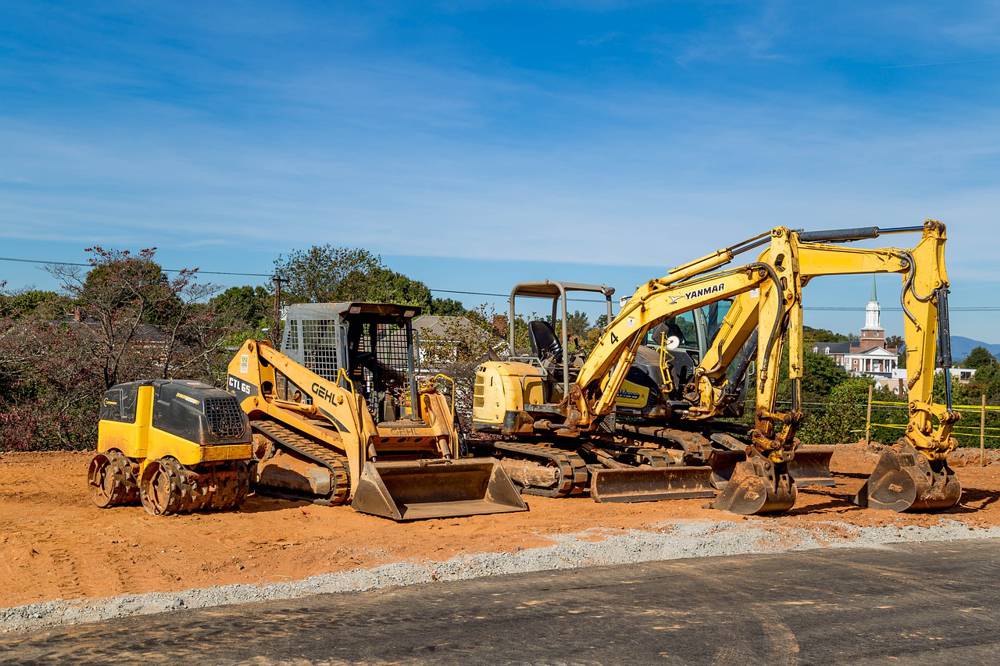
AI Knowledge May Be Critical
In recent years, developers have adapted a wide range of new developments in computer technology for use in the construction industry.
Of these technologies, artificial intelligence could be one of the most important, according to Corentin Guillo — founder of construction management startup Bird.i. The company was acquired by Hanley Wood in 2020.
One of the startup’s offerings was a fleet management system that used a combination of satellite imagery and AI analytics to allow managers to track construction progress across worksites. The tech offered a bird’s-eye view of a company’s entire workload — providing a way for fleet managers to track fleets on hundreds or even thousands of construction sites with the same system.
In an interview with Construction Digital, Guillo said the tech provides “timely, trustable evidence of what a site looks like at an exact date.” This information could be extraordinarily valuable for a fleet manager wanting to coordinate limited fleet resources across a massive number of sites.
Similarly, predictive maintenance with AI could also provide major value for fleet managers. The tech uses a combination of machine sensors, tracking operational data and AI analytics to determine when a machine needs repairs or is about to fail.
A predictive maintenance scheme might catch failures or damages that a preventative approach to maintenance may not catch. Over time, this could help fleet managers significantly reduce maintenance costs and avoid expensive downtime.
While you don’t need to be an expert in AI to take advantage of systems that use the tech, knowledge of developments in computer science may be valuable for fleet managers. As AI becomes more central to the industry, fleet managers may have more of a reason to keep up with new AI developments.
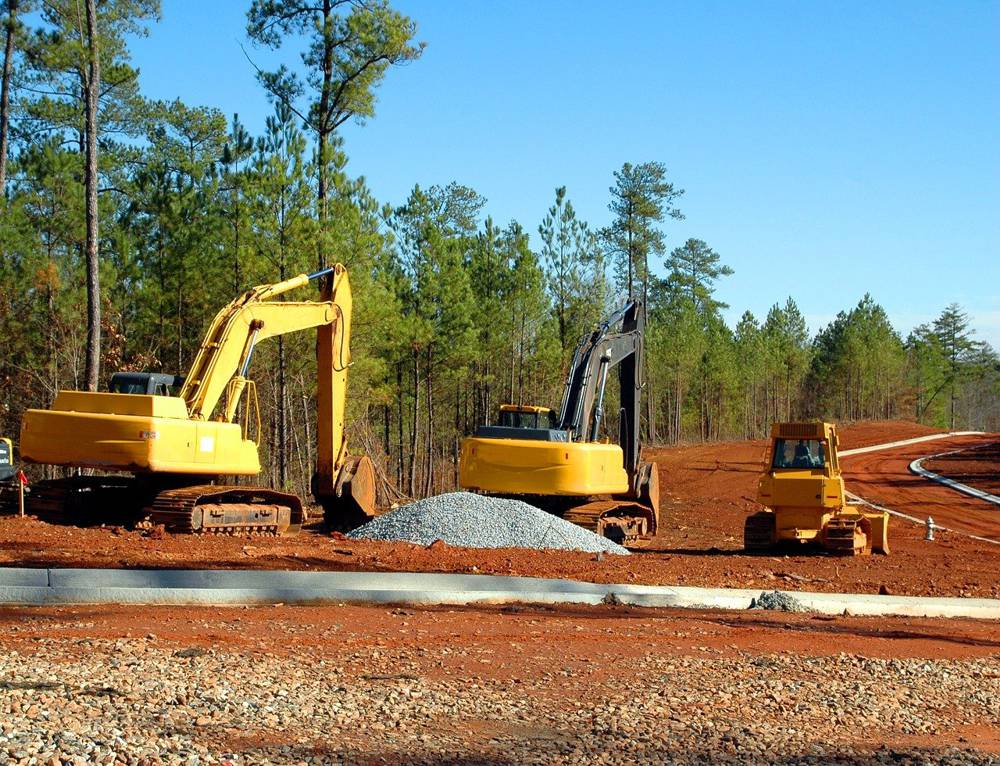
How New Tech and New Priorities May Reshape the Role of Fleet Manager
In the future, fleet managers may have a wide range of new job responsibilities. The growing importance of sustainability in the construction industry, as well as the development of new technology, has created significant new opportunities for construction companies with large equipment fleets.
However, it may be difficult to unlock this potential value without the right knowledge. At some companies, fleet managers are taking on new responsibilities — developing knowledge about sustainability and AI-powered construction tech — as a result.
While construction companies have been slow to adopt new technology, these changes may signal a coming shift. Soon, we may see fleet managers who hold multiple roles at the same time — overseeing fleet management and also sustainability or smart technology.


